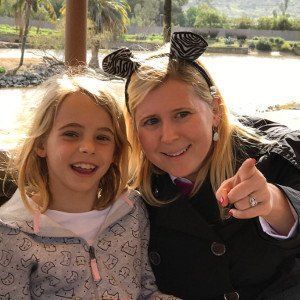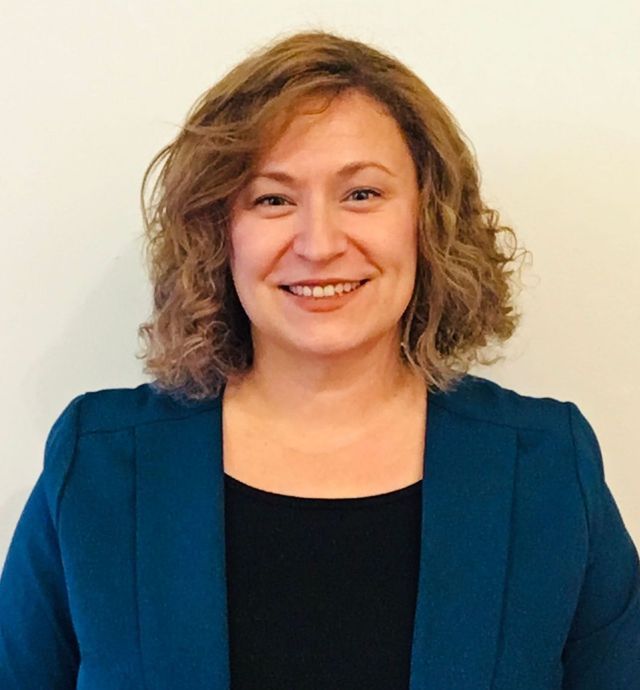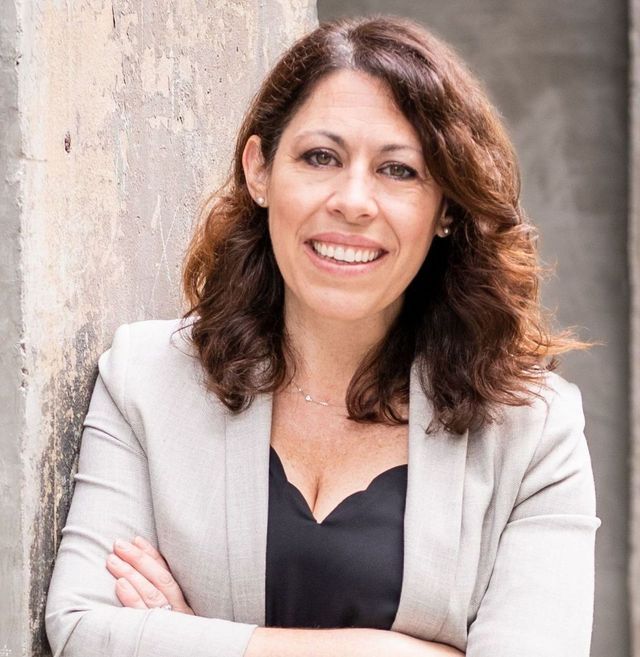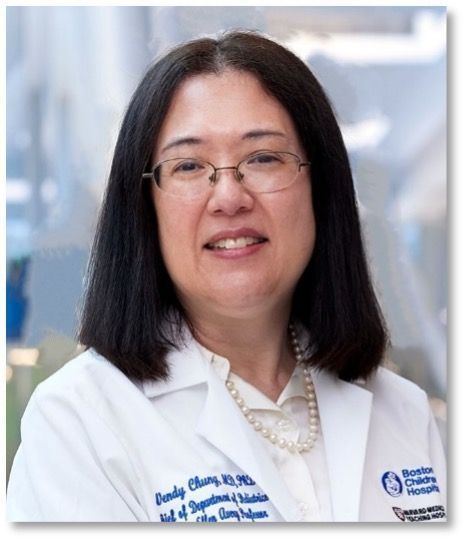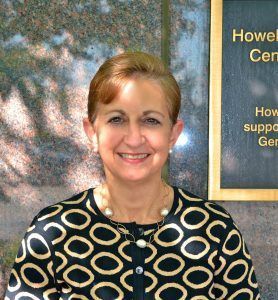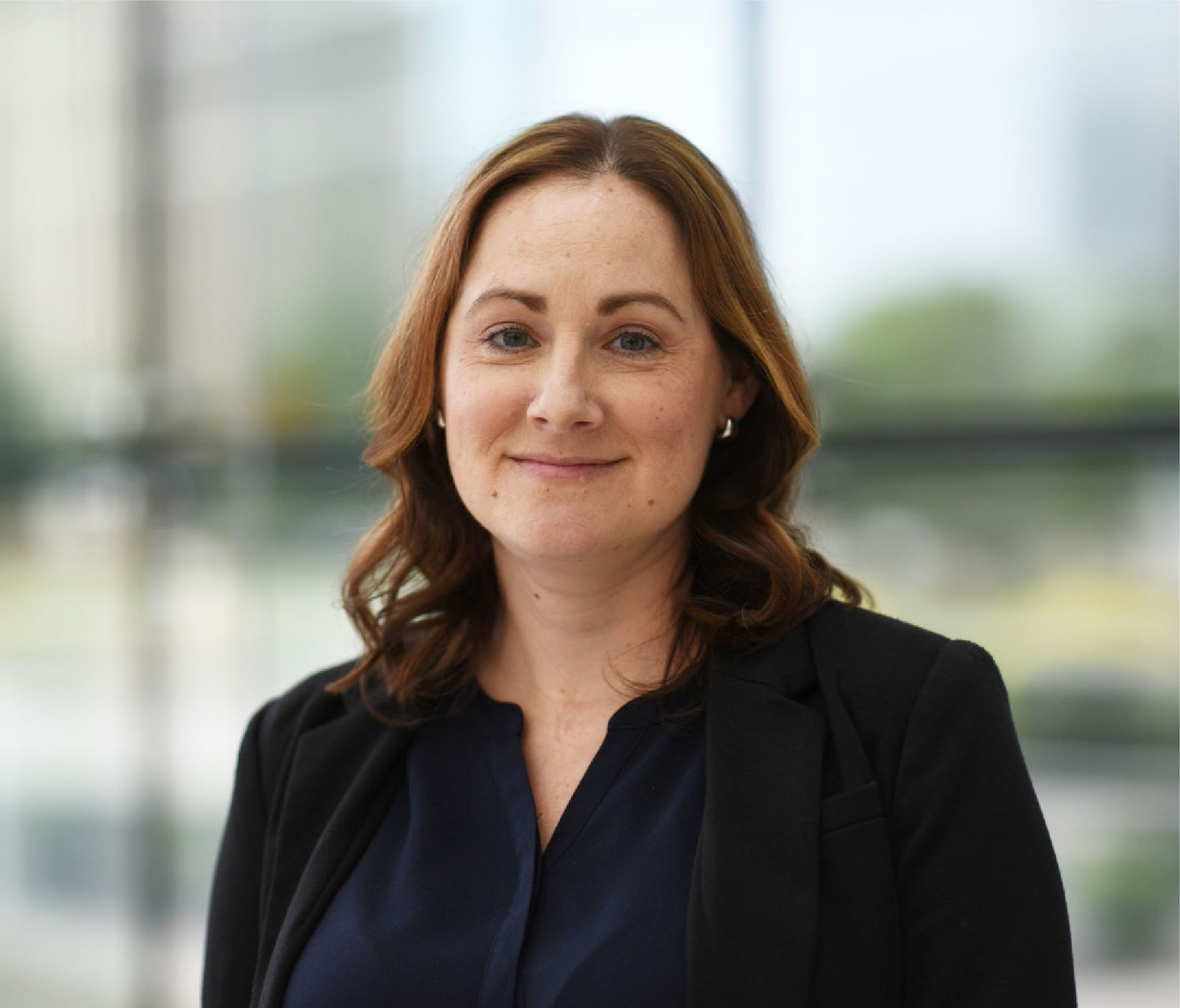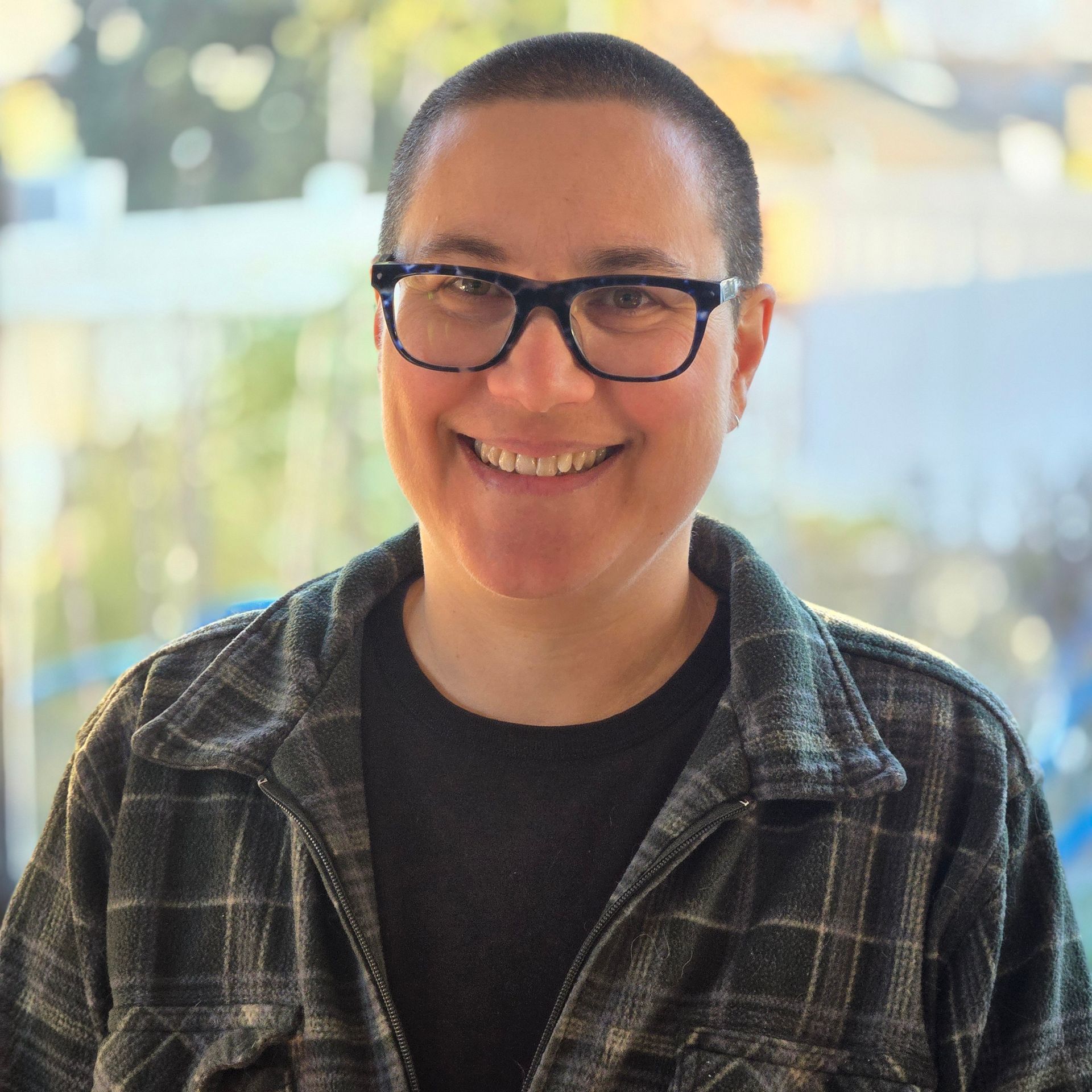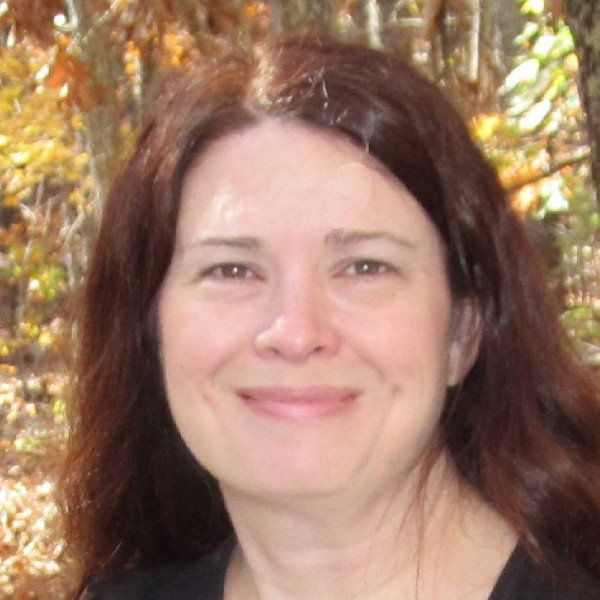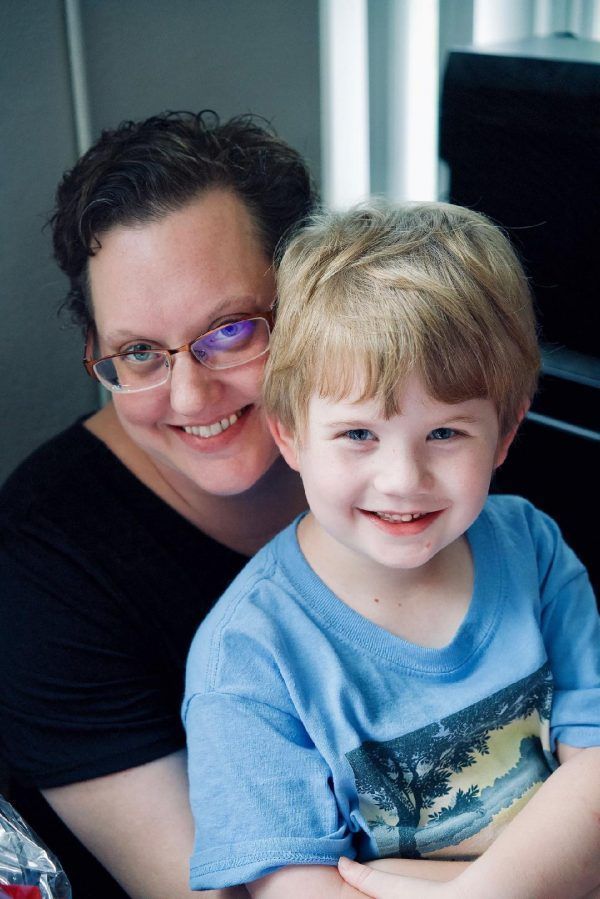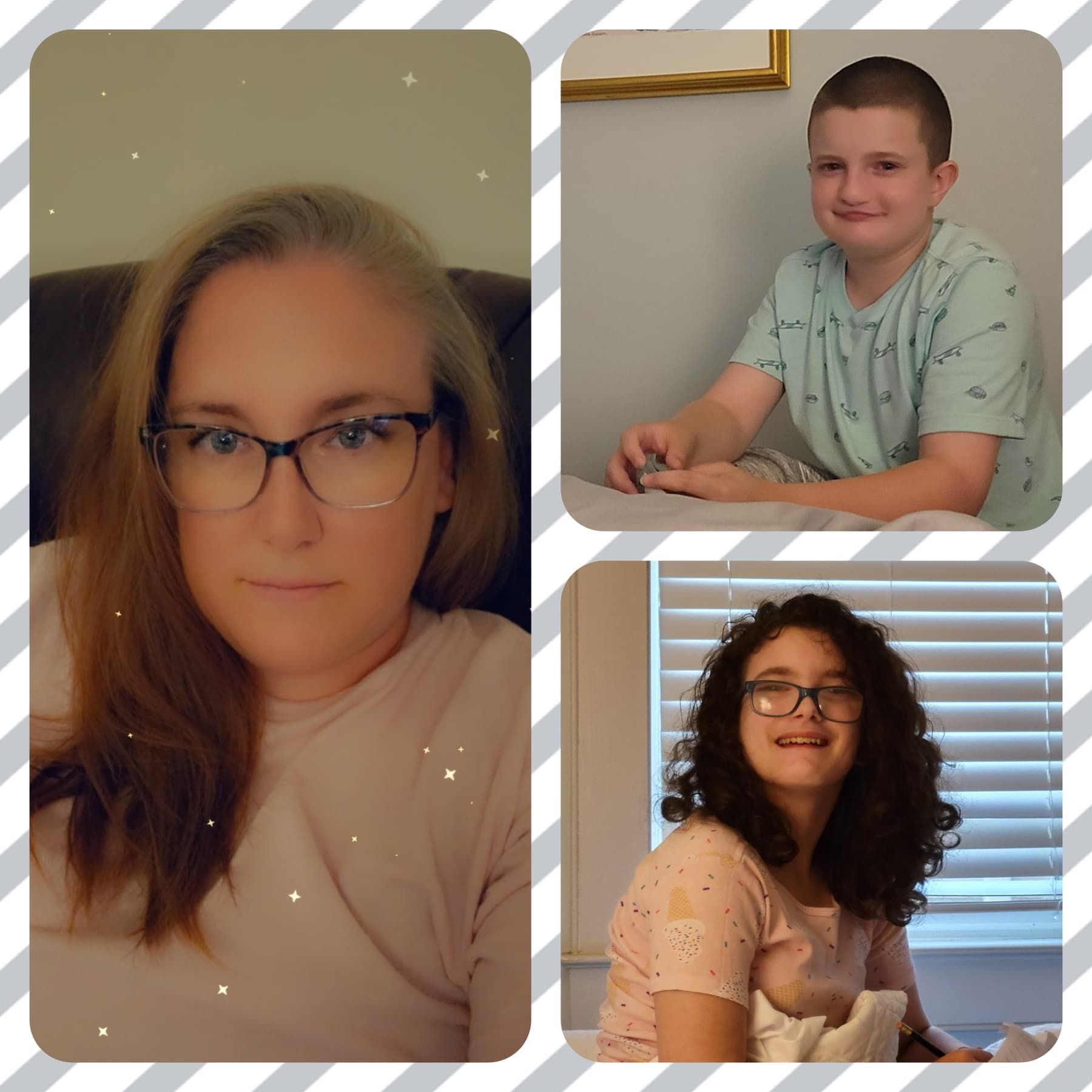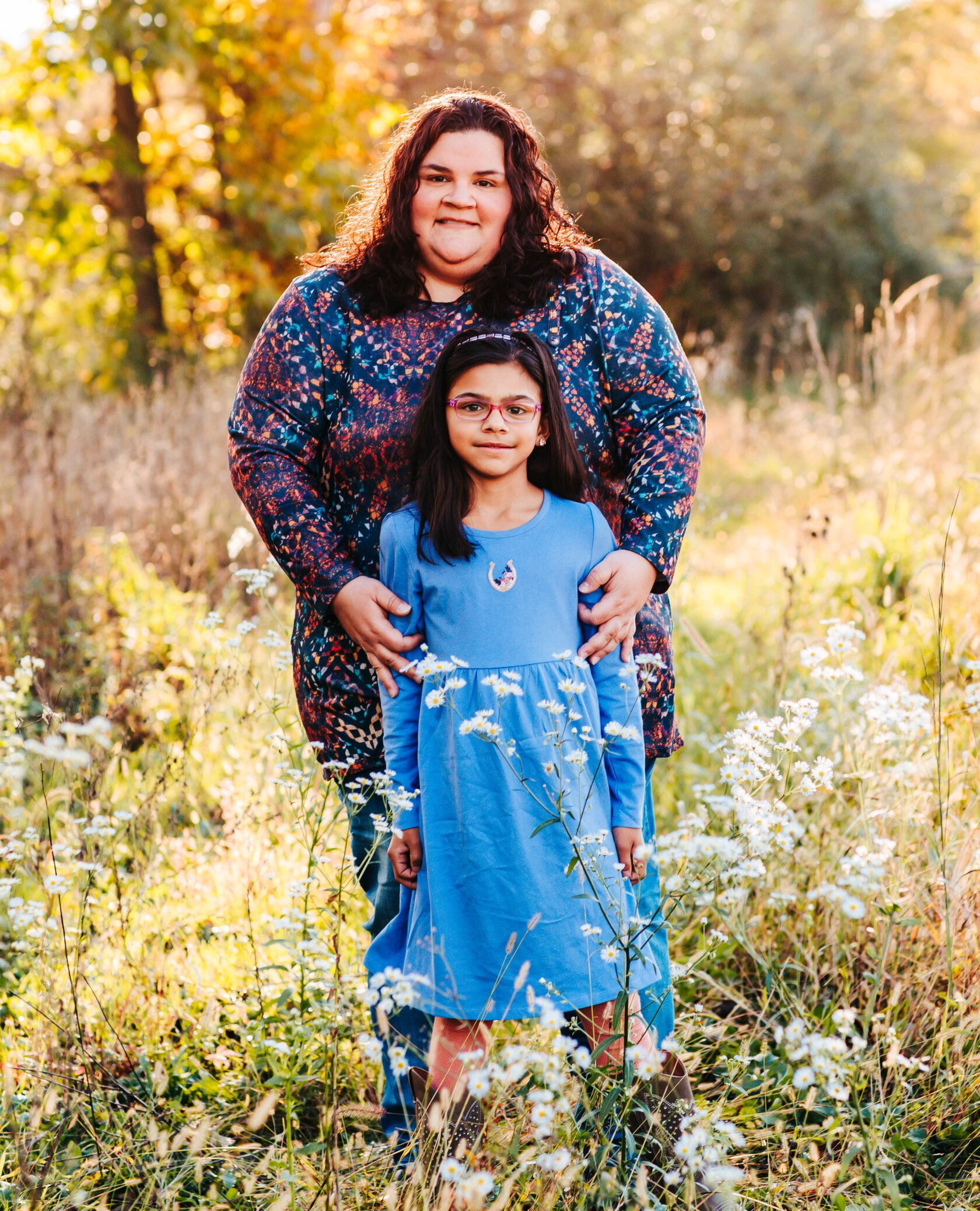CSNK2A1 Foundation Boards
Board of Directors
Our Board of Directors is passionate about improving the lives of individuals and families affected by Okur-Chung Neurodevelopmental Syndrome (“OCNDS”). They have been charged with diving deep into their rolodexes to help us accomplish our goals and objectives. Their expertise in their individual fields will help us achieve our goals. We have some lofty but realistic goals that will be achieved with hard work, determination and strategic fundraising. More importantly, these goals also can’t be achieved without our OCNDS community collaborating and working as one.
Scientific Advisory Board
The CSNK2A1 Foundation Scientific Advisory Board (SAB) serves as a scientific resource to guide both strategic and scientific decisions for the Foundation and ensure that CSNK2A1 Foundation’s policies, grants, research collaborations, communications, and publications meet the highest standards of scientific rigor and accuracy.
Parent Advisory Board
Our Parent Advisory Board (“PAB”) plays a vital role in ensuring the patient voice is heard and represented in all aspects of our foundation. Our PAB advises our Board of Directors, brainstorms ideas and shares insights from the parent perspective related to OCNDS.
Our Parent Advisory Board advises our Board of Directors, brainstorms ideas and shares insights from the parent perspective related to OCNDS.
Their Commitment:
- 6 hours of leadership training with outside consultant
- 1 year commitment with one year option to extend
- Meeting Virtual Calls - 2 hours per month
- 5 hours a month minimum for PAB projects

